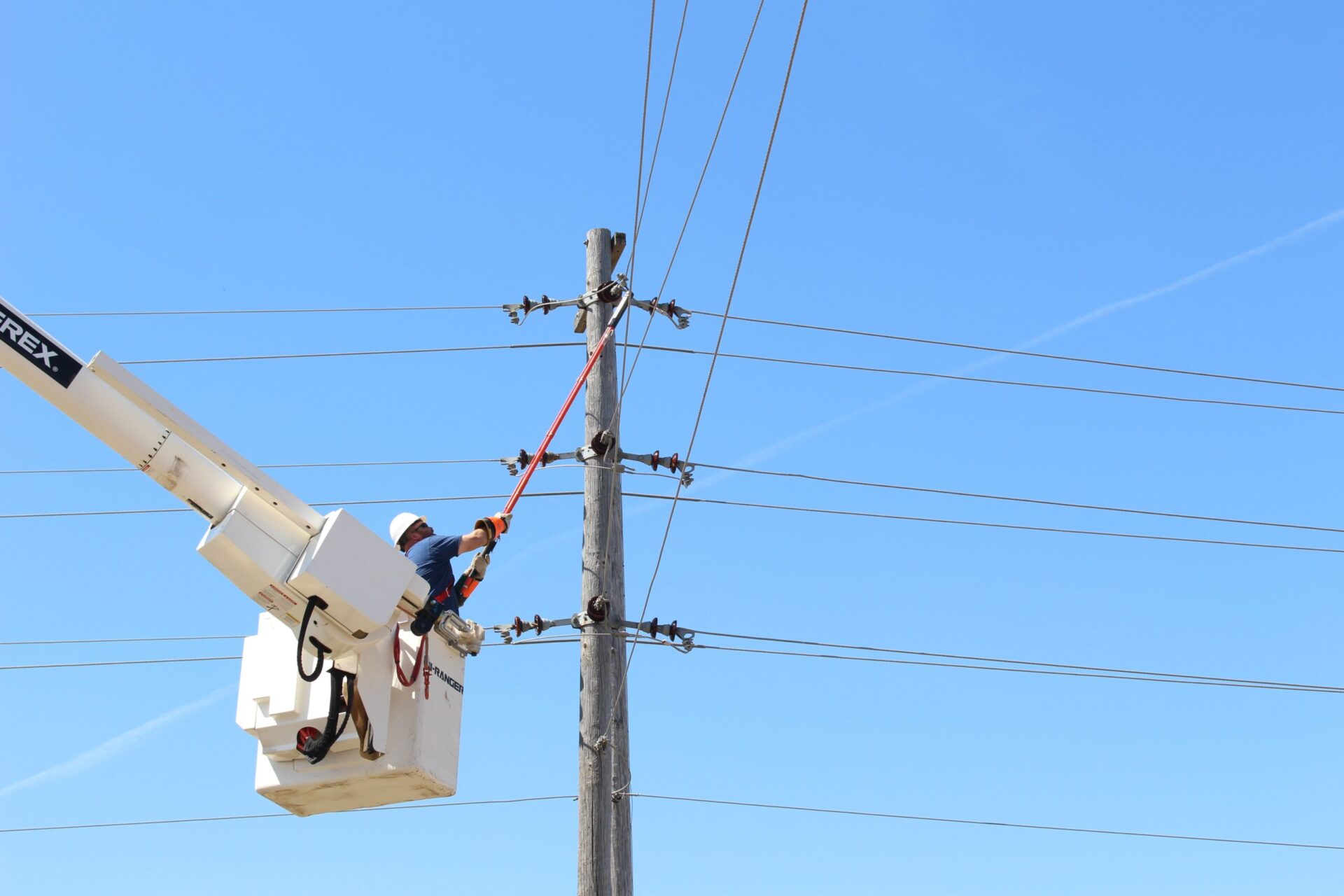Understanding Tariffs and Fees on Electricity and Gas

Tariff, simply put, is the price you pay for the energy service provided to you. It may include any other applicable fees under your contract, such as GST (Goods and Services Tax). Here are the things you need to know to understand tariffs and fees on your electricity and gas supply.
Tariffs: What are you paying for?
There are energy retailers whose tariffs are regulated, or set, by the government of that state or territory. It is essential that you understand your contract, especially all the costs related to your energy.
Tariffs may reflect a fixed or variable charge:
- The fixed charge, also referred to as daily supply charge or service to property charge, is not about how much energy you used (listed as ‘cents per day’). Rather, it reflects how much it costs on a daily rate basis.
- The variable charge or the consumption charge, meanwhile, reflects how much energy you actually consumed (listed as ‘cents per kilowatt hour’ and ‘cents per megajoule’ for electricity and gas, respectively).
The variable charge may be influenced by the following factors:
- How much energy do you use. The first block of energy is the cheapest; the rate goes higher as you consume more. This is, however, offered in reverse by other retailers, with the first block of energy at a higher rate and goes cheaper the more you use.
- Appliances that are metered separately and operate overnight
- GreenPower or any renewable energy options added to your electricity or gas cost
- When you use energy. Charges may differ according to the season, day, and time of energy usage.
If you look at the back of your bill, you will see what tariff you are on. This handy guide will help you navigate and understand your energy and gas bill.
The Right Tariff for You
One way to help reduce your energy cost is to choose the right type of tariff according to your energy usage. Here are the different electricity tariff options:
- Single rate (or flat rate) tariffs — charge is not determined by peak and off-peak periods. You are charged the same regardless of the time of the day you consume energy.
- Time-of-use tariffs — charge is determined by peak, off-peak, and shoulder periods. Peak period is when electricity cost is at its highest, typically during weekdays evening. Off-peak, meanwhile, is when electricity cost is at its cheapest, usually on weekends and overnight. The shoulder is the rate falling between peak and off-peak periods.
- Controlled load tariffs — the retailer charges a rate for specific appliances (underfloor heating system, for example) with its own metre and the energy it uses.
- Demand tariffs — this tariff is a charge added on top of your regular supply charges for the maximum energy usage at a time period. This time period is usually when you have appliances running and consuming energy at once.
Other Fees You May Be Charged With
Other than the standard tariff on your electricity and gas, your bill may reflect charges that are not directly related to your energy consumption. You may be charged fees for certain services, such as:
- Establishment fee for installing your connection.
- Solar metre installation for replacing your metre with a renewable energy installation.
- Early-exit fee for leaving your contract earlier than the duration you and your retailer have agreed upon.
- Disconnection fee for disconnecting electricity when you vacate your property.
- Reconnection fee for moving into your property and connecting electricity once again to your property.
- Special metre read charges for reading by a technician upon your request.
- Late payment charges for not paying your energy bill on time, or for not having enough funds on your direct debit account.
Reducing Your Tariff Costs
There are plenty of techniques to lower your energy cost. One common practice is by shifting electricity use to a time period when tariffs are at the lowest. This entails knowing the site’s peak and off-peak periods and operating electrical loads during the off-peak period. Setting up a solar or photovoltaic system may also help reduce your energy bills. Choosing energy efficient appliances will also help decrease energy consumption.
Do you know that you that it’s also possible to negotiate a good energy contract with the retailer? This, however, will involve quite a bit of research on your end to collect relevant data to present to the retailer.
But there is one simple way of reducing your power bill: by comparing different energy providers! Makes Cents has an easy to use comparison tool that will help you find the best deal so you won’t have to pay so much on gas and electricity. Try it out today!




